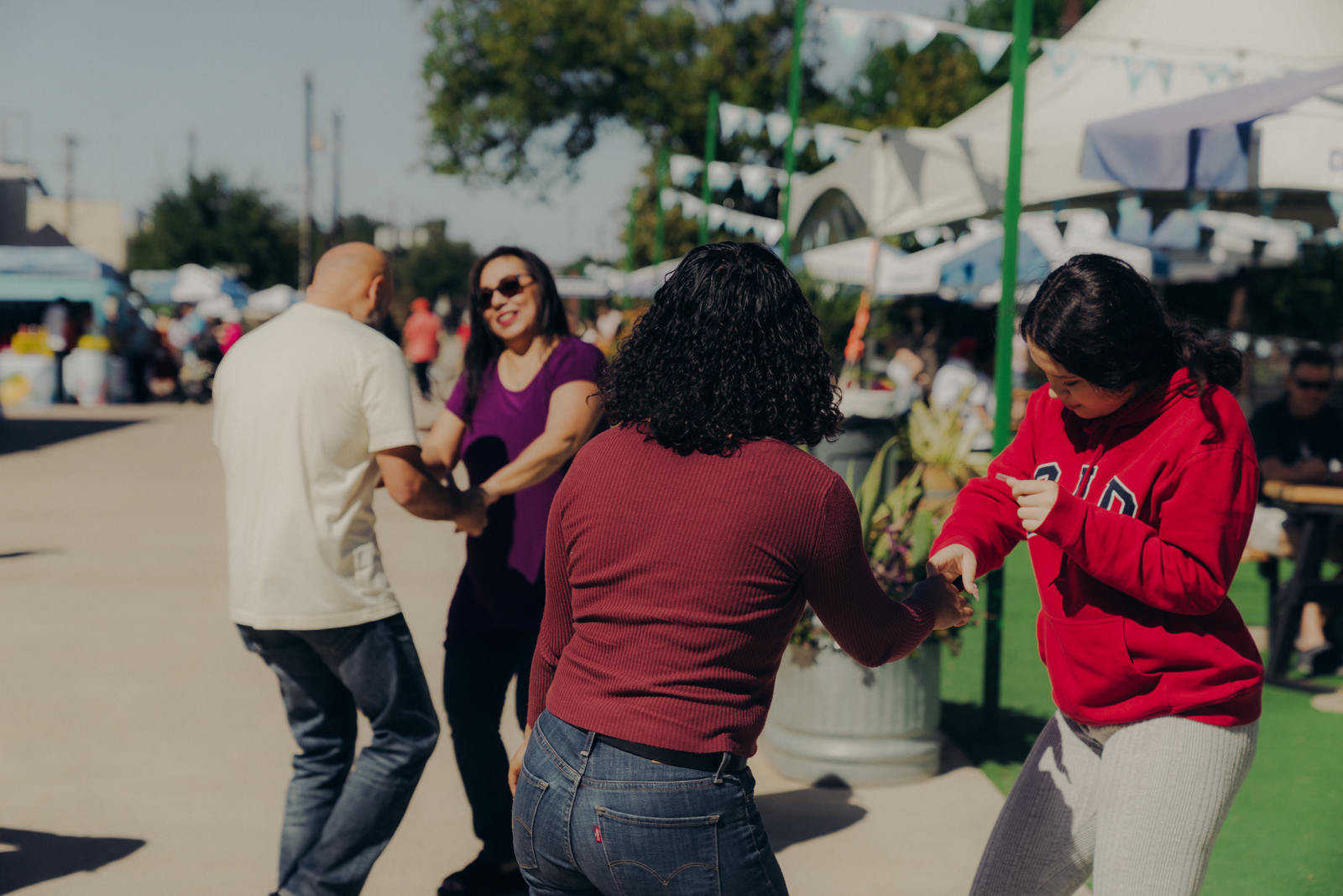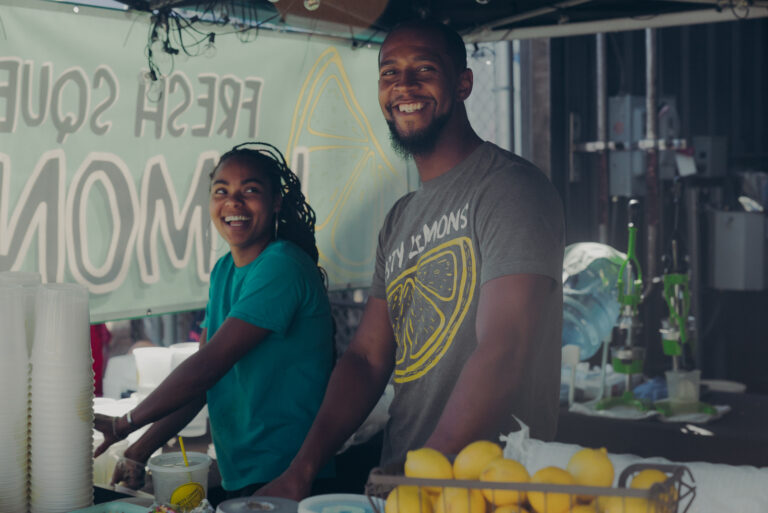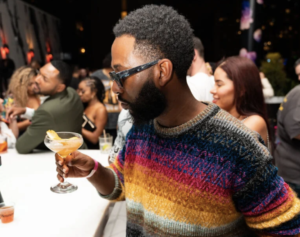My Event Full Life is your chance to take a peek inside the lives of some of Eventbrite’s most seasoned organisers as they share the secrets behind their success. What lessons have they learned along the way? What advice has been the most valuable? And what keeps them up at night? Get ready to be inspired.
After throwing a Halloween party at college that saw him make $1500, Chadwick Burnaw got the bug for organising events. Fast forward eight years and he’s the founder of Latin City, a brand that celebrates the diversity of Latin Culture with food and music festivals in US cities including, Austin, Dallas and Houston.
Here he shares some of the valuable lessons he’s learnt on his event organiser journey…

There are a lot of advantages to people not knowing you’re the face of your brand. Not even since day one did I put my face on the flyers or marketing material. I think a lot of people that do parties and big events feel the need to be the host and the MC and put their face everywhere, and it’s just not important at all. When people don’t know you’re the host, you can mingle and talk to guests, so you get real feedback. When people know that you’re the founder of the company they treat you totally differently, they won’t say anything that’s negative.
Read More: TRNDS 2024, Eventbrite’s Annual Trend Forecasting Guide
My second food event was a complete disaster. I began pivoting away from nightlife and started doing food events. I met this guy who was a Dominican chef from New York City and we did our first food event together, which was completely sold out. Everybody got their food on time so I was like, ‘okay, let’s do it again’. I think we sold 50% more tickets the second time at a brand new venue, and we were sold out again. But what I didn’t realise was that the previous venue had lent us their staff. This brand new venue did not do that.
So the chef showed up by himself and hadn’t prepped anything, so there was no food ready. I even tried to get in the kitchen and cook myself, but that wasn’t enough. Also, at the time I didn’t understand the logistics side of staggering groups, so all of the attendees showed up in the first hour, all wanting a seat and food. It was really, really bad. I had to do a lot of refunds and a lot of apologising. So yeah, vetting partners is a big part of the process nowadays!

Read More: My Event Full Life – Marlon White of A1 Events
The best piece of advice I’ve ever been given is to not get too ahead of yourself. Don’t take on investors or sponsors if you’re not ready to bring in that return on investment. What it comes down to is protecting your relationships. We had a big liquor brand come to us last year and they wanted to spend a bunch of money with us and I just didn’t think we were ready yet. So I told them to give me a year. They really appreciated that because they don’t want to waste their money or their time. If we were to take them on too early it could have ruined the relationship and I want to have relationships for my entire career, not just for a year or a season. So don’t bite off more than you can chew.
If I could go back, I would have done less indoor events and focused on outdoor festivals earlier on. After a year in, I realised there’s a lot of potential to do festivals and outdoor events. I wish I would have known how quickly I could have built that. My thinking was to build a festival you have to have 10,000 plus people, and it’s gonna take years of doing these smaller indoor events to build up that kind of audience. And that’s true, but I could have started with festivals that bring out 300 to 500 people.

My business partner left after three years, which was scary for me. There was a part of the business that he ran and was good at and I had very little experience with it. So I had to learn that part of the business quickly. He also had a group of people that I didn’t know who he would bring to our parties, and I had a strong feeling that I was going to lose those folks just because he drew them to the event. So knowing I was on my own was scary. How I handled that was just to basically not let it get to me. I felt it for a day or two and then I was like, ‘okay, that’s it’. So I tripled down on everything that I had been good at, like marketing. It ended up not being a factor at all. We didn’t have any dip in attendance and there were a lot of people who wanted to support me and who took the time to teach me.
It’s harder to find vendors than it is to find a good venue. Making sure our vendors make money and feel appreciated is number one for us. If our vendors are happy and our guests are happy and our venue partners are happy, then we’re doing great. But there’s a lot of factors that go into making sure all three of those groups are happy.

The one thing that I could do with right now is have more people on the team. We’re trying to hire more people because we’re gonna open up in two new cities next year. It is gonna get to a point where I’m not gonna be able to be everywhere all of the time. But being there allows me to really learn a lot and build relationships with these venues and also the vendors too. It is really important to see what layouts work and what makes a good vendor. I learn just by watching people… their customer service is super important. For vendors to engage with people when they approach their stand is super important and so there’s lots of stuff you wouldn’t learn if you weren’t at the event.

I love seeing everything come to life. It’s absolutely my favourite part of the job. Seeing people coming out and making memories with their kids and grandparents, like the whole family coming together is just amazing… and seeing the bartenders and other staff having a great time. Things like the thank you notes that we get from people, saying, ‘I went last time, it was amazing, we have to go again’. That is really cool, because we see the impact we’re making outside of just seeing people’s faces. We’re also hearing about them making plans because they want to have this experience. It makes all the hard work worth it.
As told to Matt Bagwell




